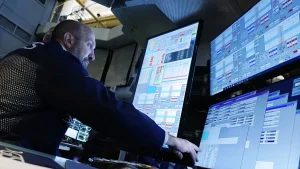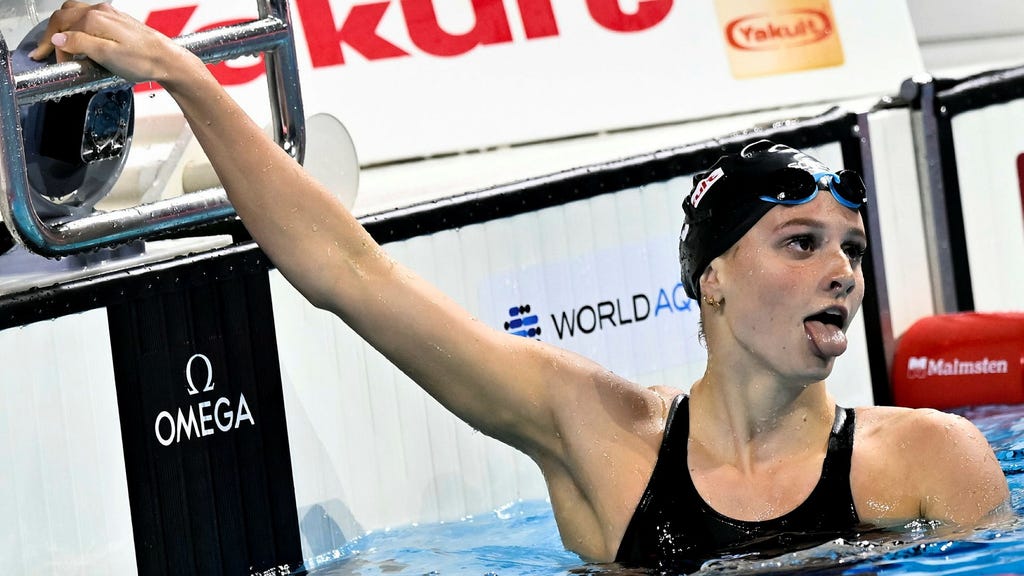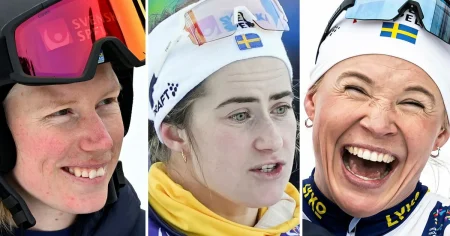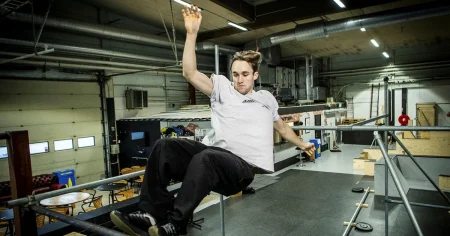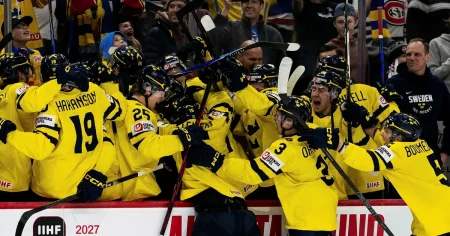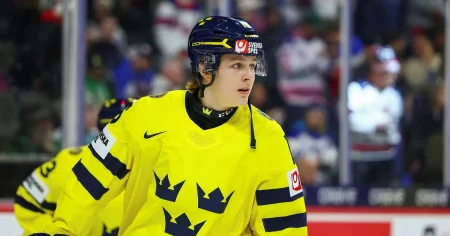The first day of the World Aquatics Championships in Budapest witnessed an unprecedented flurry of world records, exceeding all expectations of a fast start in the Duna Arena. A total of seven world records tumbled throughout the day, leaving spectators and athletes in awe. The historic performances underscored the high level of competition and the potential for extraordinary achievements in this year’s championships. The atmosphere in Budapest was electric as swimmers pushed the boundaries of human capability, setting the stage for an exhilarating competition.
Leading the charge was 18-year-old Canadian sensation, Summer McIntosh, who delivered a dominant performance in the women’s 400-meter freestyle final. McIntosh, already a three-time Olympic gold medalist, maintained a blistering pace from start to finish, touching the wall in a stunning time of 3:50.25. This remarkable swim shattered the previous world record of 3:51.30 held by China’s Li Bingjie. Expressing her joy, McIntosh acknowledged the significance of starting the championships with a world record, while also praising the Duna Arena as one of her favorite pools.
The record-breaking spree continued with American Kate Douglass eclipsing Katinka Hosszu’s decade-long reign as the world record holder in the women’s 200-meter individual medley. Douglass’s time of 2:01.63 shaved 23 hundredths of a second off Hosszu’s record, a significant margin in a highly competitive event. Adding to the American triumphs, Gretchen Walsh etched her name in the record books twice in a single day in the women’s 50-meter butterfly. Walsh broke the world record in the heats and then again in the semifinals, showcasing her exceptional form and dominance in the sprint event. Not to be outdone, Noe Ponti of Switzerland set a new world record in the men’s 50-meter butterfly semifinal with a time of 21.43.
The final two world records of the day unfolded in the exhilarating 4×100-meter freestyle relays. The American women’s team blazed to victory with a time of 3:25.01, setting a new world record and demonstrating their collective strength and speed. Shortly thereafter, their male counterparts followed suit, clocking in at 3:01.6 to secure another world record for the United States. These relay triumphs underscored the depth of talent within the American swimming program and their ability to perform under pressure on the world stage. The financial incentive for breaking a world record, approximately 274,000 Swedish kronor, added further motivation for the athletes.
Amidst the flurry of world records, Swedish swimmer Victor Johansson also made his mark on the first day of competition. Johansson delivered a personal best performance in the men’s 1500-meter freestyle, clocking in at 14:34.27. This impressive swim shaved a fraction of a second off his own seven-year-old Swedish record set at the European Short Course Championships in Copenhagen. A delighted Johansson expressed his satisfaction with the result, acknowledging it as a positive sign for his upcoming races in the 400-meter and 800-meter freestyle events.
While Johansson celebrated his record-breaking performance, fellow Swedish swimmers Sarah Junevik and Hanna Rosvall experienced setbacks. Junevik narrowly missed a spot in the women’s 50-meter butterfly final, finishing tenth with a time of 25.14. Rosvall also fell short of the final in the women’s 100-meter backstroke, placing 13th in the semifinals. However, there was a silver lining for Sweden as Louise Hansson secured a place in the women’s 100-meter backstroke final. Despite a slightly slower finish in the semifinals, Hansson, the reigning world champion in the event, clinched the eighth and final qualifying spot, ensuring her presence in the highly anticipated final. Hansson also contributed to the Swedish women’s 4×100-meter freestyle relay team, which finished sixth in the final alongside teammates Sara Junevik, Hanna Bergman, and Sofia Åstedt.
The first day of the World Aquatics Championships in Budapest proved to be a historic one, with an unprecedented number of world records falling. The performances served as a testament to the athletes’ dedication, training, and the relentless pursuit of excellence. The exhilarating races set the stage for a compelling championship, promising more thrilling moments and potentially more records being broken. The Duna Arena, living up to its reputation as a fast pool, provided the backdrop for these extraordinary achievements, further solidifying its place in swimming history. The successes and setbacks experienced by the Swedish team added another layer of intrigue to the competition, showcasing the unpredictable nature of elite sport and the ever-present pursuit of national pride.


